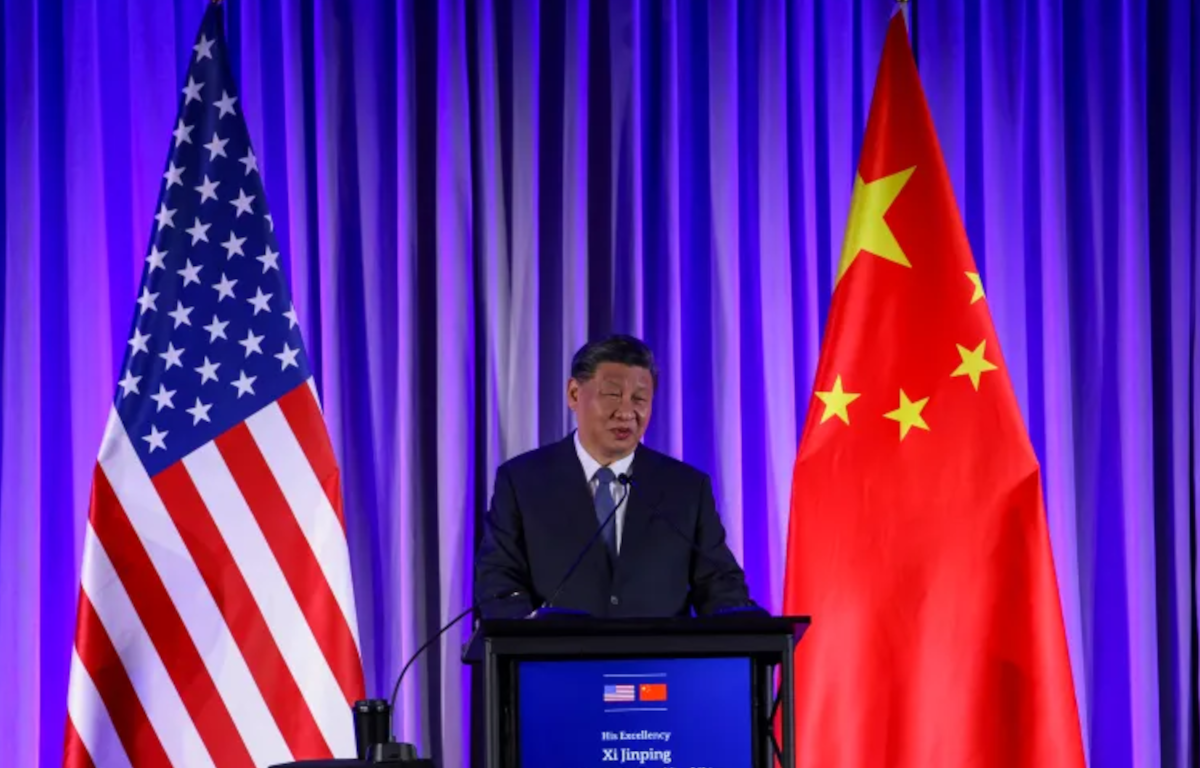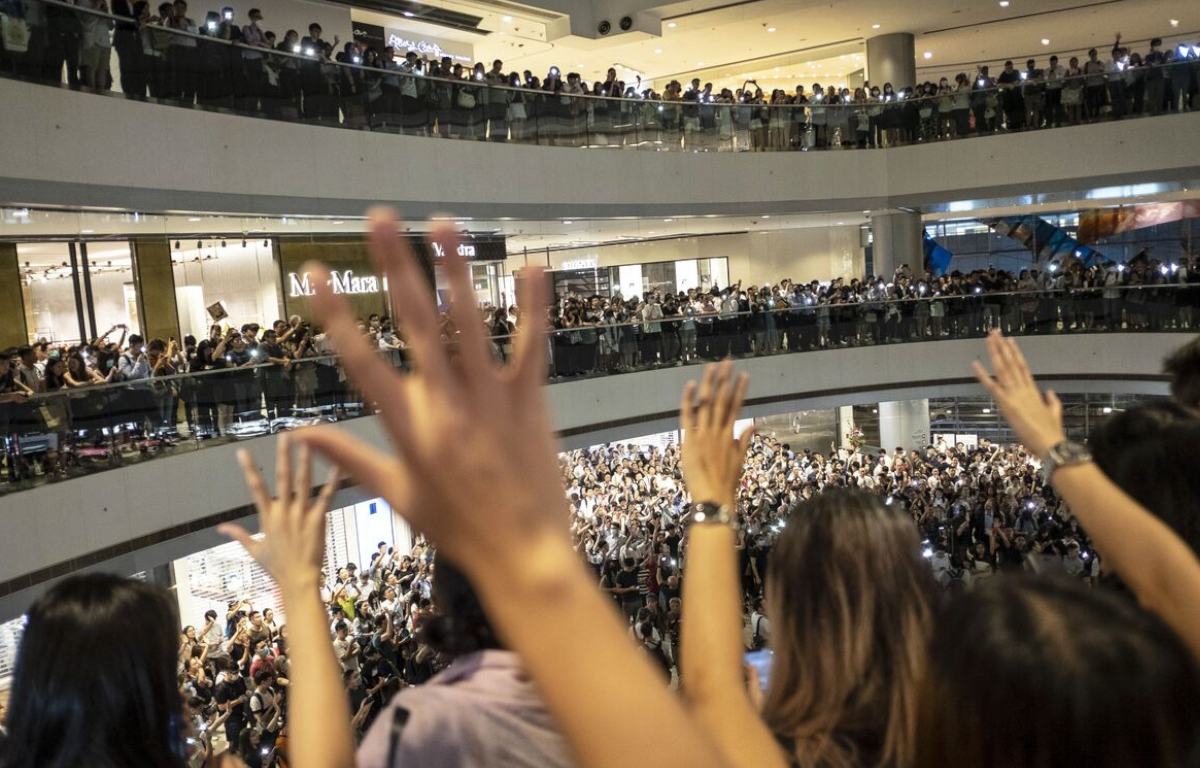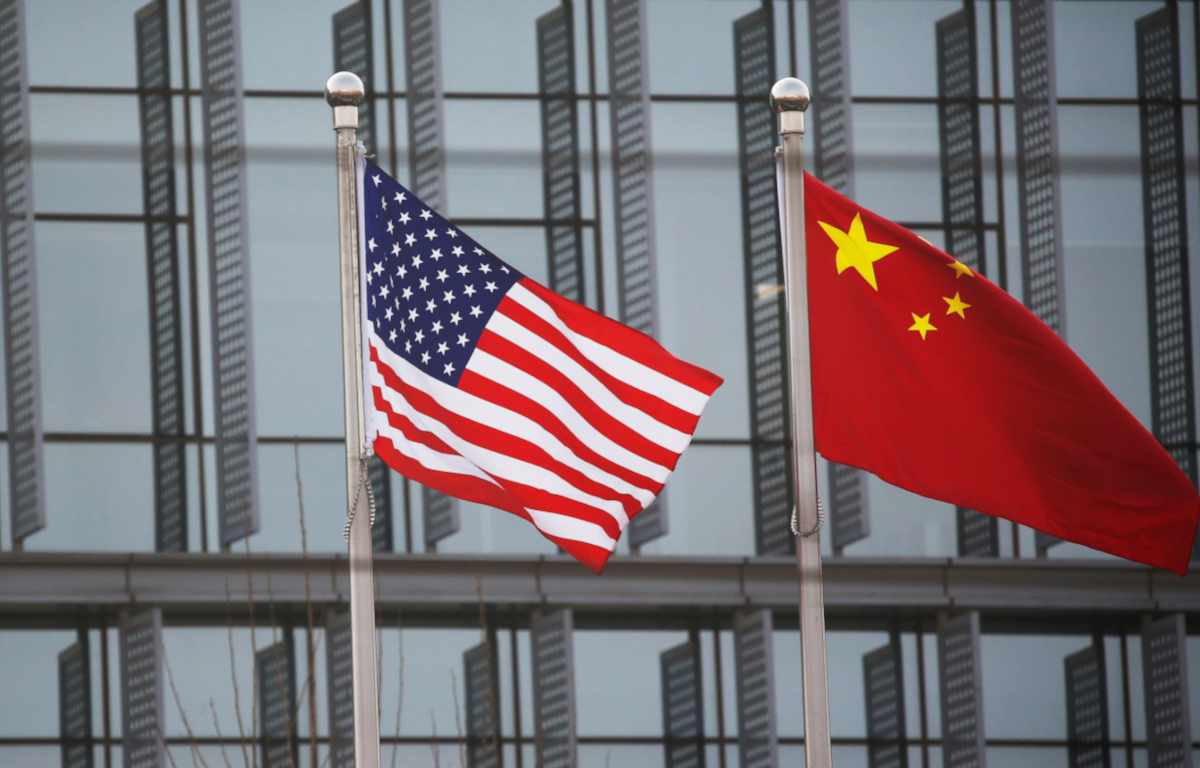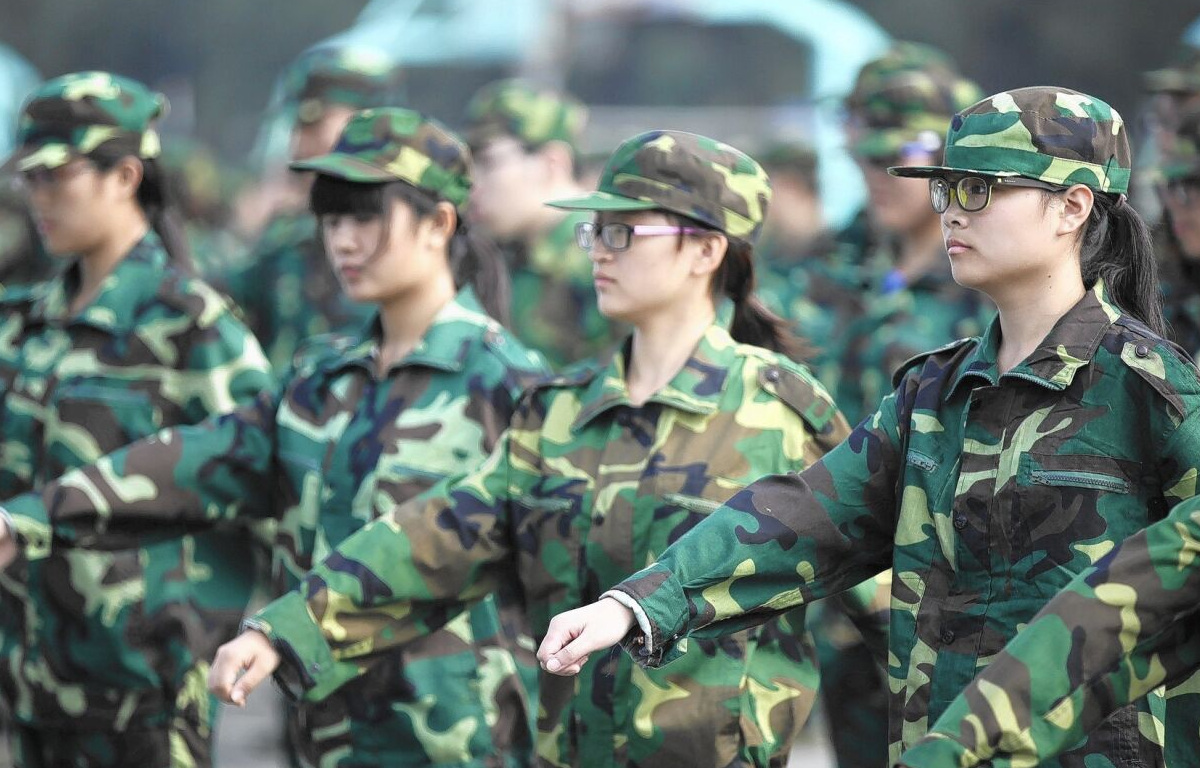
These developments have implications not only for China but also for the broader global landscape, given China’s prominent role in international affairs.
One of the key indicators of China’s distress is its economic situation. The country has been grappling with slowing economic growth, exacerbated by factors such as the COVID-19 pandemic, supply chain disruptions, and regulatory crackdowns on sectors like tech and education. These challenges have raised questions about the effectiveness of China’s economic policies under Xi Jinping’s leadership.
Xi Jinping’s administration has implemented sweeping regulatory measures in various sectors, including technology, education, and finance. These crackdowns, aimed at reining in perceived excesses and maintaining control, have had significant implications for domestic and international businesses operating in China. The uncertainty created by these regulatory changes has contributed to concerns about China’s business environment and investment climate.
Internally, there have been murmurs of discontent within the Chinese Communist Party (CCP) regarding Xi Jinping’s leadership style and policies. While the CCP maintains a tight grip on power, dissent within the party could signal broader challenges to Xi’s authority. Additionally, Xi’s recent absence from public view and reduced public appearances have fueled speculation about his health and political standing.
The uncertainty surrounding Xi Jinping’s leadership and China’s internal dynamics has reverberated globally. China plays a central role in international trade, geopolitics, and global supply chains. Any instability or shifts in China’s leadership could have far-reaching consequences for global markets, diplomatic relations, and regional stability.
Amid these developments, speculation has arisen about Xi Jinping’s future as China’s leader. While Xi has consolidated power significantly during his tenure, including abolishing presidential term limits, the challenges facing China both domestically and internationally have raised questions about his long-term viability as the country’s paramount leader.
Some analysts suggest that internal dissent, economic pressures, and geopolitical tensions could lead to a reevaluation of Xi’s leadership within the CCP. However, it’s essential to approach these speculations with caution, as the inner workings of Chinese politics are notoriously opaque, and leadership changes are typically tightly controlled.
China’s current state of distress, coupled with uncertainties surrounding Xi Jinping’s leadership, underscores the complexities and challenges facing one of the world’s most influential nations. The interplay of economic, political, and global factors adds layers of complexity to the situation, with implications that extend beyond China’s borders. As events continue to unfold, observers will closely monitor developments in China and their potential impacts on the country’s trajectory and the global landscape.










Share this: